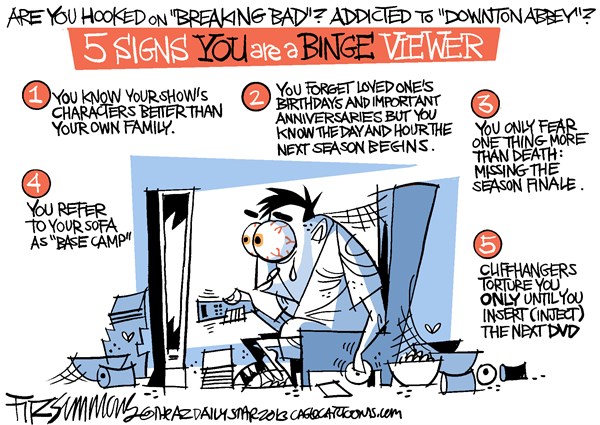"Can We Guess Who You Are in 20 Questions?"
Brenda Bliven Porter
 “Here is our best guess at who you are:
1. You are male. [I’m female.]
2. You are still a teenager, but won't be one for very much longer. [I wish!]
3. Your future worries you more than you'd like to admit. [Nope.]
4. You have beautiful, silky brown hair and big eyes. [I don’t even want silky brown hair!]
So, how did we do? How many of these did we get right? Tell us in the comments!”
“Here is our best guess at who you are:
1. You are male. [I’m female.]
2. You are still a teenager, but won't be one for very much longer. [I wish!]
3. Your future worries you more than you'd like to admit. [Nope.]
4. You have beautiful, silky brown hair and big eyes. [I don’t even want silky brown hair!]
So, how did we do? How many of these did we get right? Tell us in the comments!”
----
None of it is right. Not one thing.
This was the latest of the popular Buzzfeed quizzes I’ve taken. I still remember the first one: Which Middle Earth race to do you most resemble? This was the question I had waited for all my life. I may be trapped in a hobbit-like body, but inside I knew there was elvishness---mystery, poetry, and, of course, immortality. Come to find out, I am actually an Ent. Though I wasn’t excited about these results, I pressed on with the quizzes. The color that best represents me is white, on Downton Abbey, I am the Dowager Countess, and if I lived in Riverdale, I would be Betty Cooper. My accent is Pennsylvanian, I should visit France, and I am only a fraction “Midwestern.” It’s all been enlightening, particularly the last question on the Middle Earth quiz:
“So why did you take this test?
(a) You had better give me good results. Grr.
(b) I was hoping for some insight about my personality.
(c) It sounded like fun.
(d) I wanted to know what race in Middle Earth I am. Wasn't that the whole point?”
I definitely wanted to know that race in Middle Earth I am. I would live in Middle Earth if I could. But why all those other quizzes? They’re fun, I guess. They don’t take much of my time, and they promise a quick answer. Everyone else is taking them. But I already know where I live, where I’ve come from, what I like, and what I don’t. According to Newsweek, quiz pages track all of the answers we provide, creating customized profiles of our preferences. Why isn’t the suspicious part of me stepping up to put her foot down? (I can see that quiz now: “What percentage conspiracy theorist are you?”) The Washington Post reports that “millions of people have answered the inane and occasionally probing questions with the hopes of learning just a little bit more about themselves.”
Why don’t we already know who we are? Perhaps all the messages sent to us by our culture have left us with an identity crisis. “Just be yourself” and “express yourself” are in opposition to the not-so-subtle messages to drive the right car, wear the right clothes, laugh at the right jokes, and use the right phone. With all of those messages, it’s hard to know who we are, so maybe we hope that something on those quizzes will reveal solid truth about us.
George MacDonald points us in a direction that gives us some real ground on which to stand when he notes that “I would rather be what God chose to make me than the most glorious creature that I could think of; for to have been thought about, born in God's thought, and then made by God, is the dearest, grandest and most precious thing in all thinking.” I can’t help but wish he had considered making me an elf, but at least I know who I am.
(Photo by Mattie Porter)

